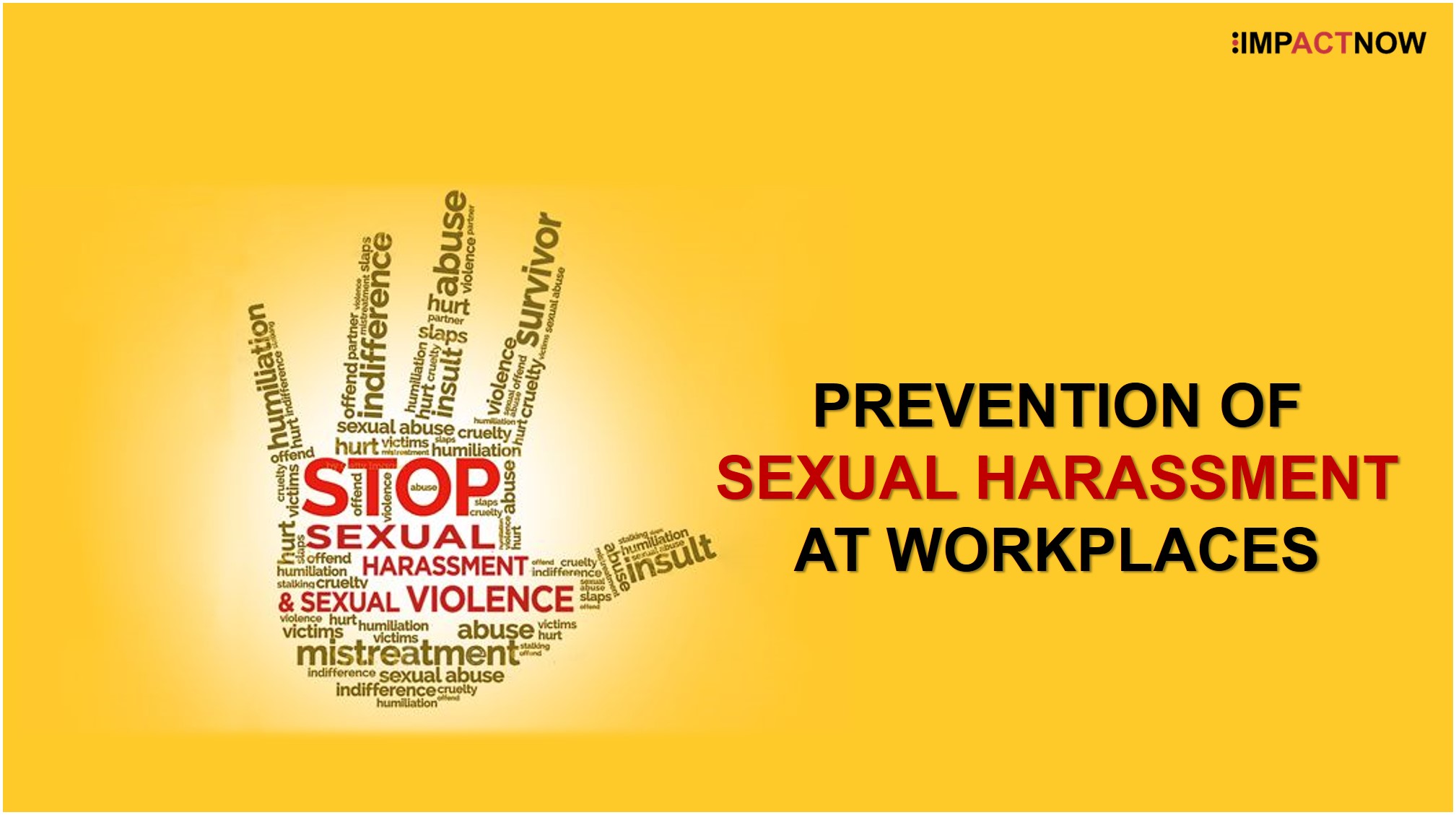
Ms. Manju Bajaj is a Gender Advisor who has been working in this area for the past five years and supports initiatives aimed at addressing gender based inequality and instances of sex based discrimination and harassment at workplaces.
She works with various Organisations as a part of their Internal Complaints Committee as the External Member. She also conducts Awareness Workshops, and Complaint Addressal Investigations, amongst others.

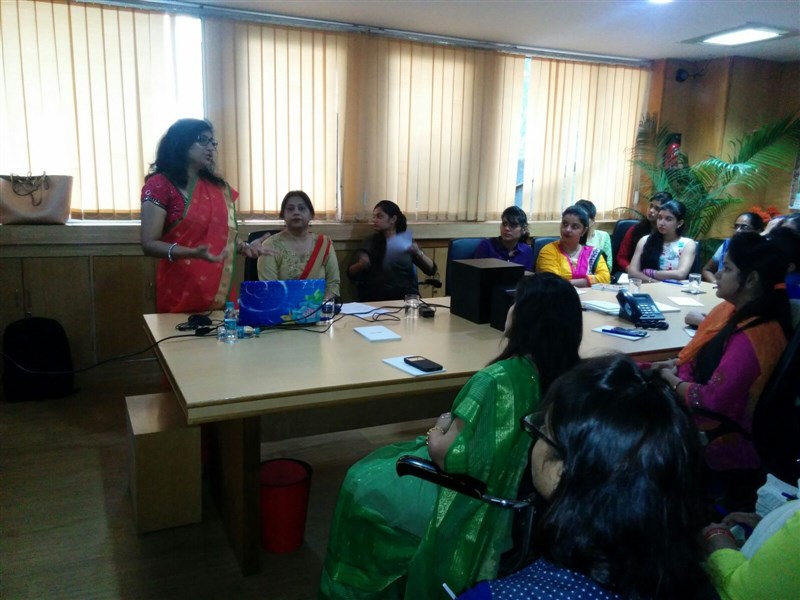









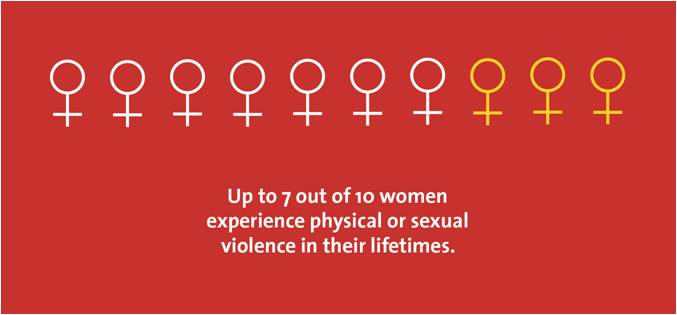
Advisory & Consulting
We understand the compliance requirements of the POSH Act and can suitably advise and assist your organization on policy formulation, formation and training of your ICC. In the unfortunate event that instances of sexual harassment of women come up in your organization (whether business, educational institution, NGOs or indeed, government and quasi-governmental agencies), we can assist with hearings to ensure compliance with the letter and spirit of the provisions under various laws. Having advised several clients on POSH matters, we have gained valuable, hands-on experience on what to do to prevent gaps between policy and its implementation from being exploited to deny victims justice.

Member - Internal Complaints Committee
The Act makes it mandatory for every employer to constitute an internal complaints committee ("ICC") which entertains the complaints made by any aggrieved women. The members of the ICC are to be nominated by the employer and ICC should consist of i) a Presiding Officer, ii) not less than two members from amongst employees preferably committed to the cause or women or who have had experience in social work or have legal knowledge and iii) one member from amongst non-governmental organizations or associations committed to the cause of women or a person familiar with the issues relating to sexual harassment. In order to ensure participation of women employees in the ICC proceedings, the Act requires that at least one-half of the members of ICC nominated by employer are women.
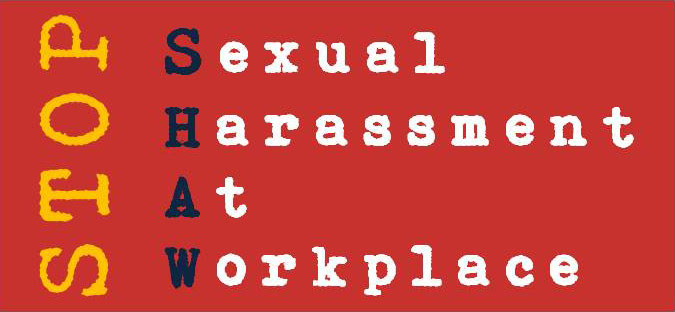
Gender Sensitisation Workshops
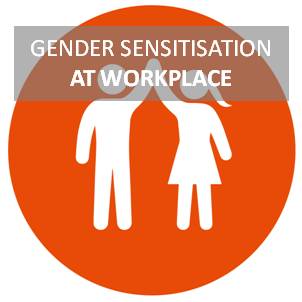 If organisations are keen to utilize the talent of their
workforce to the fullest extent, they need to be sensitive
to gender related issues. Gender sensitivity means respect
for an individual irrespective of her or his gender. It is
not about pitting women against men.
If organisations are keen to utilize the talent of their
workforce to the fullest extent, they need to be sensitive
to gender related issues. Gender sensitivity means respect
for an individual irrespective of her or his gender. It is
not about pitting women against men.
We conduct workshops on Gender Sensitization at Workplaces
to help create greater awareness of the needs, aspirations,
abilities and professional value of employees as men and
women.


The POSH Act 2013
Protection of Women from Sexual Harassment at Workplace Act

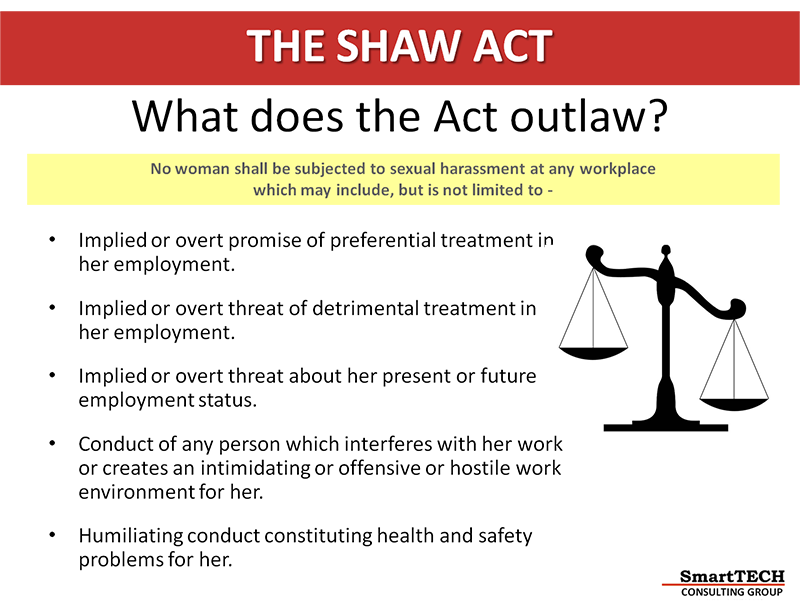

In 1997, the Hon'ble Supreme Court of India, in Vishaka and Others Vs. State of Rajasthan and Others("Vishaka Judgment") acknowledged the gravity of sexual harassment of the working women at the workplaces and laid down guidelines making it mandatory for employers to prevent the commission of acts of sexual harassment and to provide the procedures for the resolution, settlement or prosecution of acts of sexual harassment. The guidelines issued by the Hon'ble Supreme Court were treated as law declared by the Hon'ble Supreme Court under Article 141 of the Constitution of India. It was held by the Hon'ble Supreme Court that the guidelines framed by the Supreme Court would be strictly observed in all work places for the prevention and enforcement of the right to gender equality of the working women.
The Sexual Harassment of Women at Workplace - Prevention, Prohibition and Redressal) Act, 2013 & Rules made therein
In 2013, after a span of 16 years, India finally enacted the Sexual Harassment of Women at Workplace (Prevention, Prohibition and Redressal) Act, 2013 (hereinafter referred to as the 'Act') for prevention of sexual harassment against women at the workplaces. The Central Government vide notification SO 3606 (E) appointed 9 December 2013 as the date on which the provisions of the Act came into force and on the same day, the Central Government made the Sexual Harassment of Women at Workplace (Prevention, Prohibition and Redressal) Rules, 2013 ("Rules").
Objectives of the Act
The Act is enacted by the Indian Parliament to provide protection against sexual harassment of women at workplace and prevention and redressal of complaints of sexual harassment and for matters connected therewith or incidental thereto. Sexual harassment is termed as a violation of the fundamental rights of a woman to equality under Articles 14 and 15 of the Constitution of India and right to life and to live with dignity under Article 21 of the Constitution of India. Sexual harassment is also considered a violation of a right to practice any profession or to carry on any occupation, trade or business which includes a right to a safe environment free from sexual harassment.
 MRS. MANJU BAJAJ - Gender Advisor
MRS. MANJU BAJAJ - Gender Advisor
Manju has been supporting initiatives aimed at addressing gender based inequality and instances of sex based discrimination and harassment at workplaces.
When working as a part of the Internal Complaints Committee at an Organisation - she deals exclusively with the problem of sexual harassment at workplaces for women. She - along with her team - also bring across an understanding about the legal remedies available to such female workers who feel sexually harassed at their workplace and helps
ensuring that all employees are exposed to the various issues involving safety and security of women employees so that they are well conversant with the various problems faced by women employees and the legal and other remedies available to them.
She also assists in putting in place mechanisms to prevent or deter the commission of acts of sexual harassment and to provide the procedures for the resolution, settlement or prosecution of acts of sexual harassment by taking all steps required.
Also organize workshops addressing the theme of Gender Sensitization at Workplaces.
If and when required - she works at promoting initiatives to increase women representation in decision making processes, and taking up leadership positions.
She is presently serving as an independent member of the Internal Complaints Committee at several organisations.
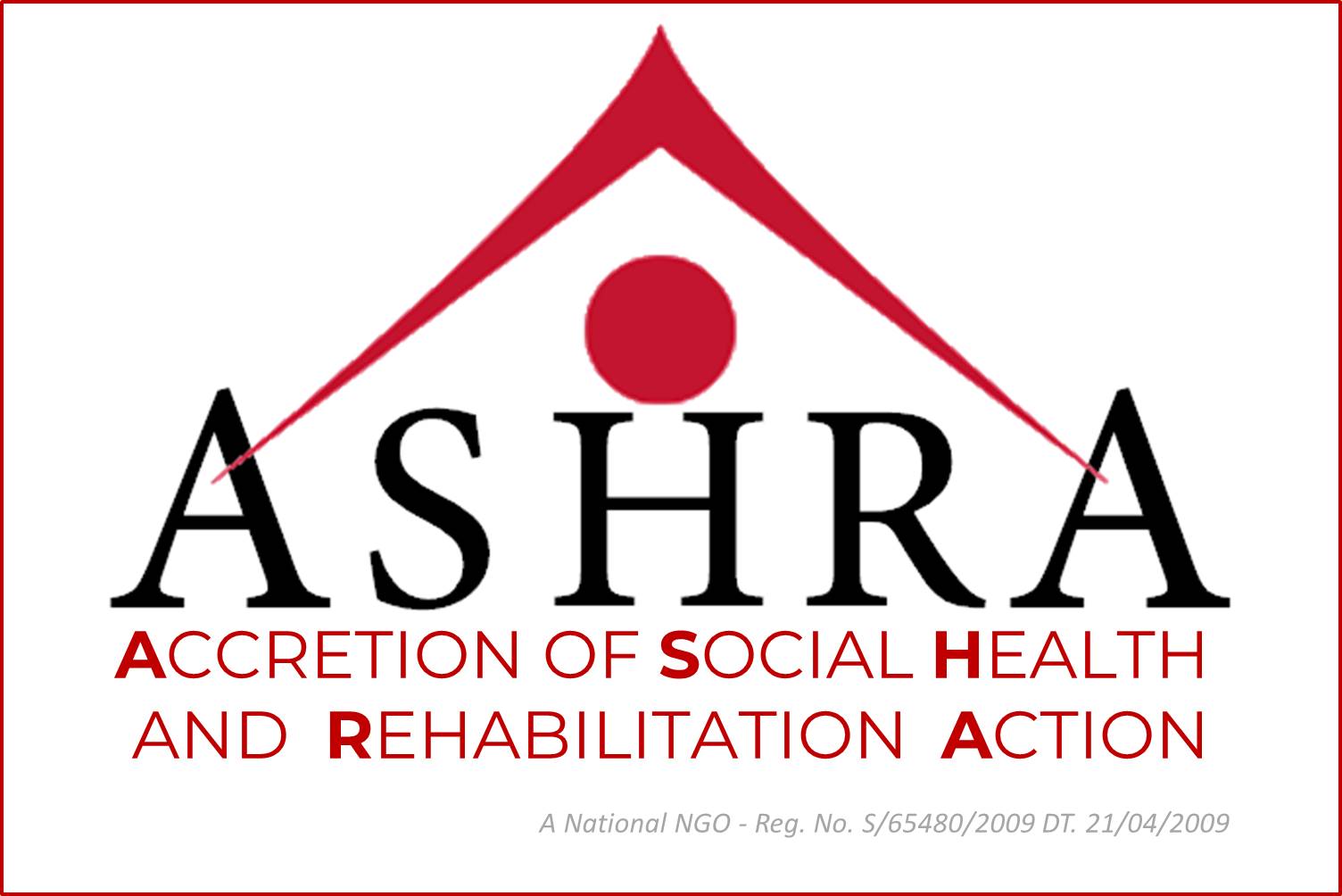
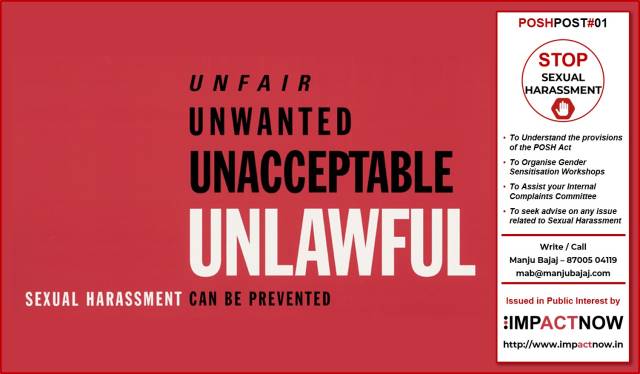
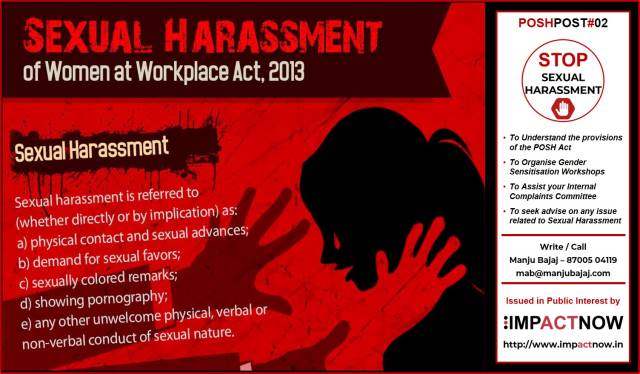

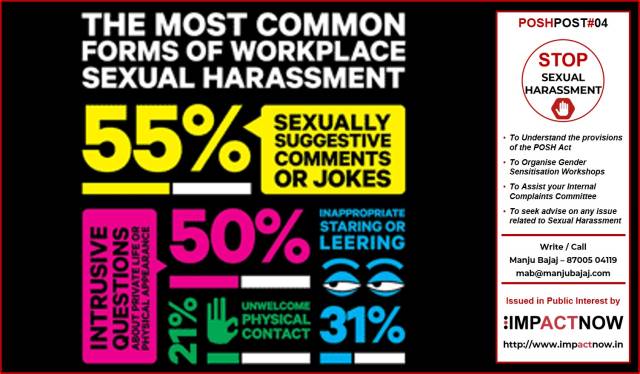
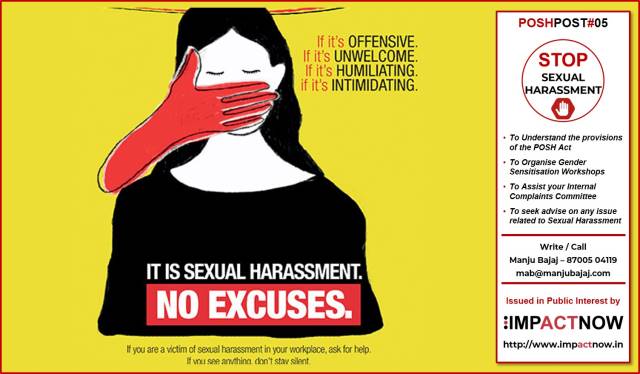
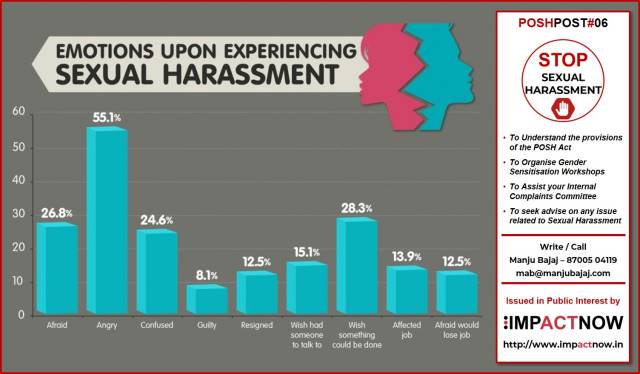
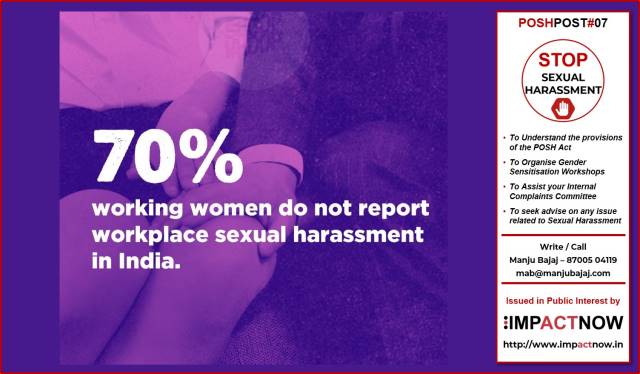
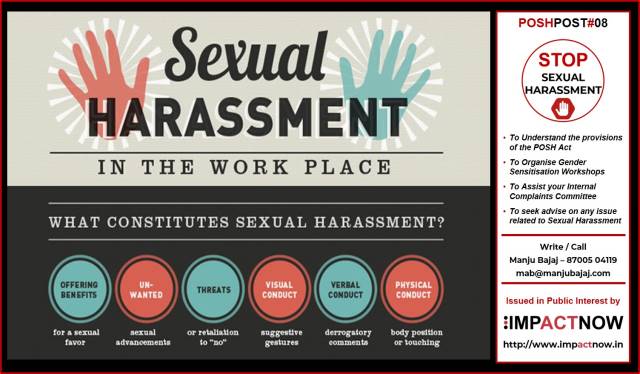
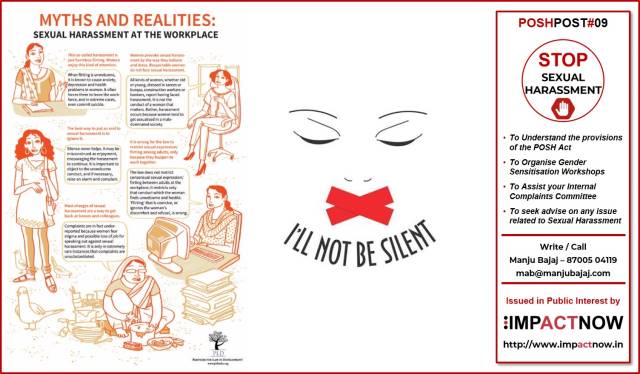
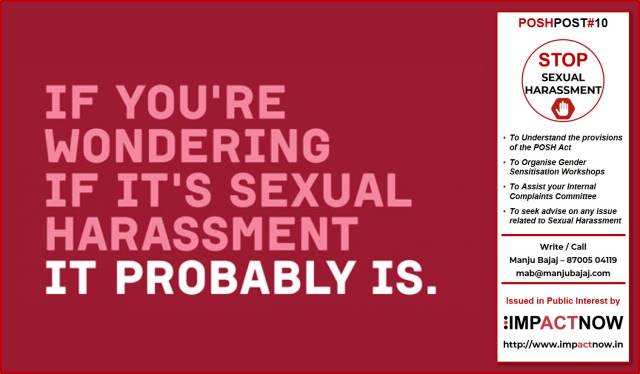
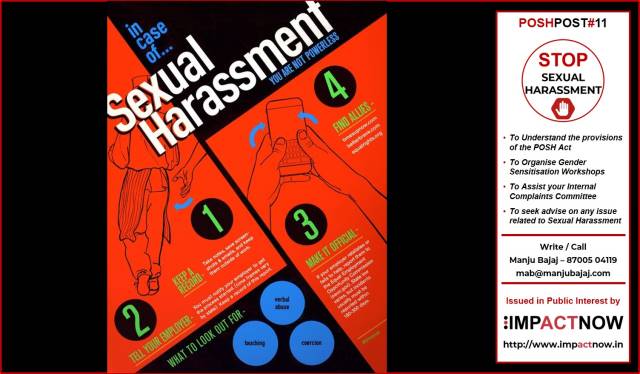
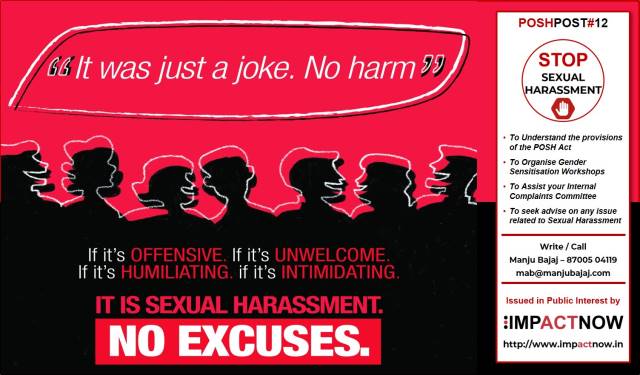
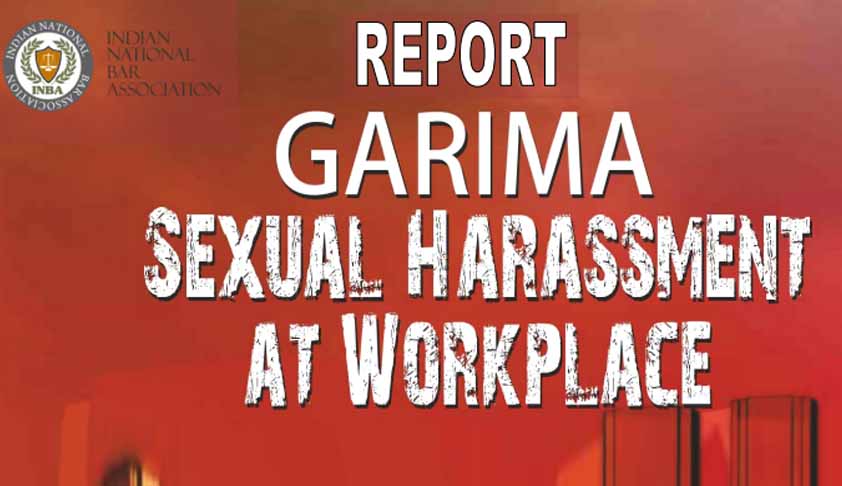
BY: APOORVA MANDHANI JANUARY 6, 2017
According to a recent survey conducted by the Indian National Bar Association, 68% of the victims of sexual harassment at workplace did not report to the management about the incident, due to fear of retaliation and discrimination.
The survey, carried out over a period of seven months from April to October, 2016, covered 6,047 people, of which 78 per cent were females, working in sectors such as BPOs, IT, education, legal and hospital. People from various fields were interviewed in Mumbai, Delhi, Bangalore, Pune, Assam, Jalandar, Kolkata, Ahmedabad, Hyderabad and Lucknow.
Of the total, 38 per cent claimed of sexual harassment at workplace, while 50.7 per cent said they had been targets of it online, or on social networking. Further 42.2% of the victims complained of undergoing stigma attached with the abuse. The survey further revealed that the national Capital has become the most unpleasant city for female workers, followed by Mumbai and Bengaluru.
Critical analysis of Sexual Harassment of Women at Workplace (Prevention, Prohibition and Redressal) Act, 2013
The survey report, compiled by Netrika Consulting India Private Limited, includes a critique on the Sexual Harassment of Women at Workplace (Prevention, Prohibition and Redressal) Act, 2013. It points out several practical impediments in implementing various provisions of the Act, such as lack of clarity in the definition of "unorganized sector", mechanism for identifying false complaints, no budgetary allocations for the mandatory Internal Complaints Committee, etc.
"To Conclude, the Sexual Harassment of Women at Workplace (Prevention, Prohibition and Redressal) Act, 2013 is a very positive step for the protection of women from such type of crimes in India. But even after the passing of this Act there are so many high-profile cases of sexual harassment happens in India. It is submitted that not just legislations are enough, an effective participation from the public side is also equally important, (sic)" it contends.
"The sexual abuse/ harassment/ assault laws in our Country have been also designed in such a way that they are exclusively for protecting women. The sections 354, 509 and 376 of the Indian Penal Code pertaining to sexual assault, outraging the modesty of a woman, rape, eve teasing all presuppose that the victim can only be a woman not a man. The Vishaka guidelines which aims to prevent sexual harassment in workplace are also exclusive for women. It is only under Indian Penal Code, Section 377, the wrong sexual advancement on a man (sodomy) is recognized as an offence, other than this section, there are no laws to punish a person for molesting a man. (sic)," it further states.
Bolstering the contention, the survey results revealed that the complaints committee, as mandated in the Act, in most organizations either did not have knowledge of the procedure prescribed under the Act, or did not adhere to the same despite understanding of the same. 66.7% of the complainants also felt that they weren't dealt with fairly by the Complaints Committee.
The report hence suggests improved awareness of measures available to the victims, training of the personnel, and modifications in the existing laws to remedy the current situation.
If you are looking for:
Gender Sensitisation Workshops for your Organisation,
An external member for your Internal Complaints Committee, or
An advisor / consultant to assist with any issues related to Sexual Harassment
You can reach her at
eMail: mab@manjubajaj.info Phone: 98712 52277
GURUGRAM | NEW DELHI